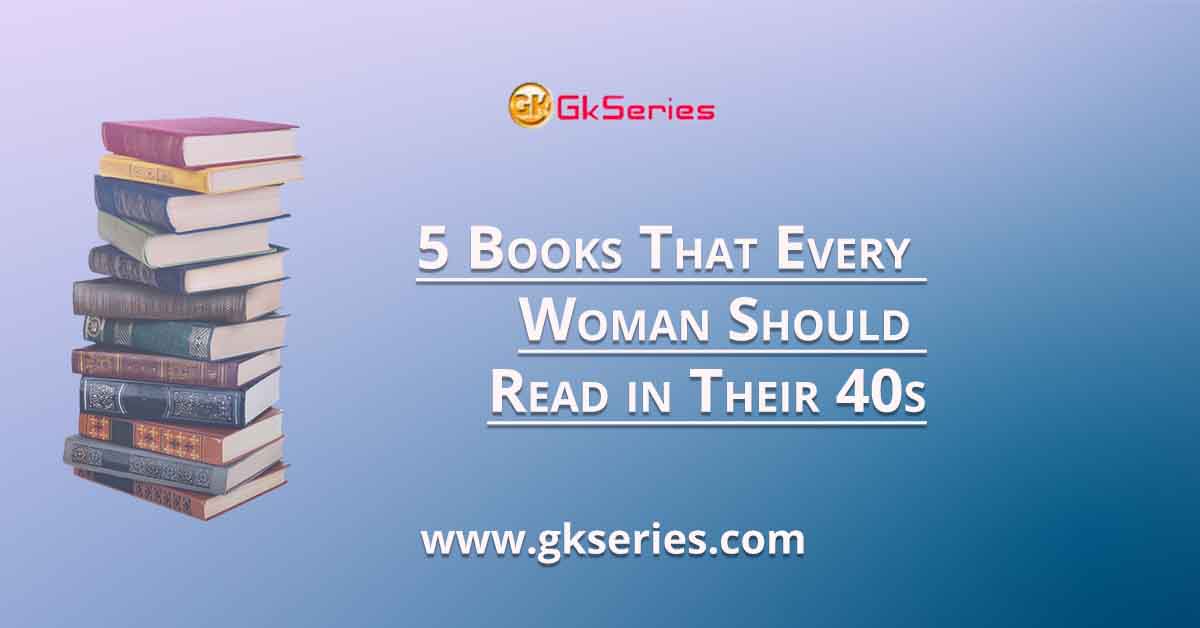5 Books That Every Woman Should Read in Their 40s

List of 5 books that every woman should read in their 40s. Check out the booklist.
1. We Should All Be Feminists

A personal and powerful essay from Chimamanda Ngozi Adichie, the bestselling author of Americanah and Half of a Yellow Sun.
Buy Now from Amazon
2. The World According To Garp

This is the life and times of T. S. Garp, the bastard son of Jenny Fields – a feminist leader ahead of her times. It is also the life and death of a famous mother and her almost-famous son; theirs is a world of sexual extremes – even of sexual assassinations. It is a novel rich with ‘lunacy and sorrow’; yet the dark, violent events of the story do not undermine a comedy both ribald and robust. It provides almost cheerful, even hilarious evidence of its famous last line: “In the world according to Garp, we are all terminal cases.”
Buy Now from Amazon
3. Persepolis: The Story of a Childhood

In powerful black-and-white comic strip images, Satrapi tells the story of her life in Tehran from ages six to fourteen, years that saw the overthrow of the Shah’s regime, the triumph of the Islamic Revolution, and the devastating effects of war with Iraq. The intelligent and outspoken only child of committed Marxists and the great-granddaughter of one of Iran’s last emperors, Marjane bears witness to a childhood uniquely entwined with the history of her country.
Buy Now from Amazon
4. Depression Hates a Moving Target

Running is my therapy. Before she discovered running therapy, Nita Sweeney was 49 years-old, chronically depressed, occasionally manic, and unable to jog for more than 60 seconds at a time. Using running, Nita discovered an inner strength she didn’t know she possessed, and with the help of her canine companion, she found herself on the way to completing her first marathon. In her memoir, Sweeney shares how she overcame emotional and physical challenges to finish the race and come back from the brink.
Buy Now from Amazon
5. The Year of Magical Thinking

This powerful book is Didion’ s attempt to make sense of the “weeks and then months that cut loose any fixed idea I ever had about death, about illness … about marriage and children and memory … about the shallowness of sanity, about life itself.







